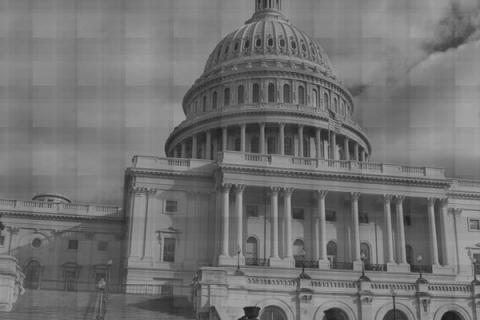Arlen Specter is like the guy with two potential prom dates, though by the end of next year he could be sitting home alone.
Why does a Pennsylvania Republican even matter in California? For the same reason residents of the Golden State should look to Connecticut Democrat Joe Lieberman -- yes, he's still officially registered as a Democrat -- as an example of what happens to centrists that one party deems too much of something but another finds is not enough of something else.
They're both textbook examples of the need for open primaries that give voters choices the partisan system denies them.
Pennsylvania Republicans might have allowed Specter, named just two years ago as one of Time's top 10 senators, slide, were it not for his breakaway vote on President Obama's stimulus package. He joined two other Republicans in giving the Democrats the votes they needed to avoid a protracted filibuster and pass the package.
And now folks back home are ready to make Specter pay. Rep. Pat Tooney, a Republican whose conservative credentials are far more likely to land him on Rush Limbaugh's Christmas list, is considering challenging Specter, the fifth most-senior Republican senator.
Democrats, meanwhile, are wooing Specter to rejoin their fold. Specter say he's staying put, though Pennsylvania Republican officials have warned him that they'll abandon him if he votes with labor on so-called check card legislation that would let unions organize without a secret-ballot vote.
So where does that leave Specter? Too conservative by some measures as a Democrat, though state party officials believe he could be re-elected under their banner. Too liberal by many standards as a Republican. Even before the stimulus vote, his stances on abortion and immigration were at odds with the party standards.
It's similar to the situation Lieberman found himself in three years ago, when he lost the Democratic nomination by four percentage points largely due to his support for the Iraq war. He ran as an independent in the general election, received re-election support from a national cross-section from both parties and won the general election by 10 percentage points.
Like Specter, he's a difficult pill for the major parties to swallow. He's pro-choice and pro-gun control, yet supported former Attorney General Alberto Gonzales' memo that basically abandoned Geneva Convention requirements in Iraq and Afghanistan.
Still, when they stand before voters in their respective states, the people to whom they should be beholden have not found their performances wanting.
At least Lieberman had another option when the party partisans rejected him in the primary. Pennsylvania, however, does not allow someone who loses a primary to represent another party in the general election.
In the end, it shouldn't matter. Voters should have the right to choose the best candidate regardless of party, particularly when they've chosen that person to represent them time and again.
It's only a matter of time before a Lieberman or Specter happens in California. The number of voters registered "declined to state" has grown steadily for more than 15 years. Last year, they represented close to 20 percent of the registered voters.
Twenty percent is too substantial a chunk of dissatisfied people to be ignored. Particularly not when you combine them with people registered as partisans but not necessarily in lockstep with their parties. People like Specter and Lieberman.
California voters have a chance in June 2010 to make sure the dissatisfied are not the disenfranchised, by approving the nonpartisan open primary the California Independent Voter Project is backing. It's a chance to stop a Specter or Lieberman from happening here.
